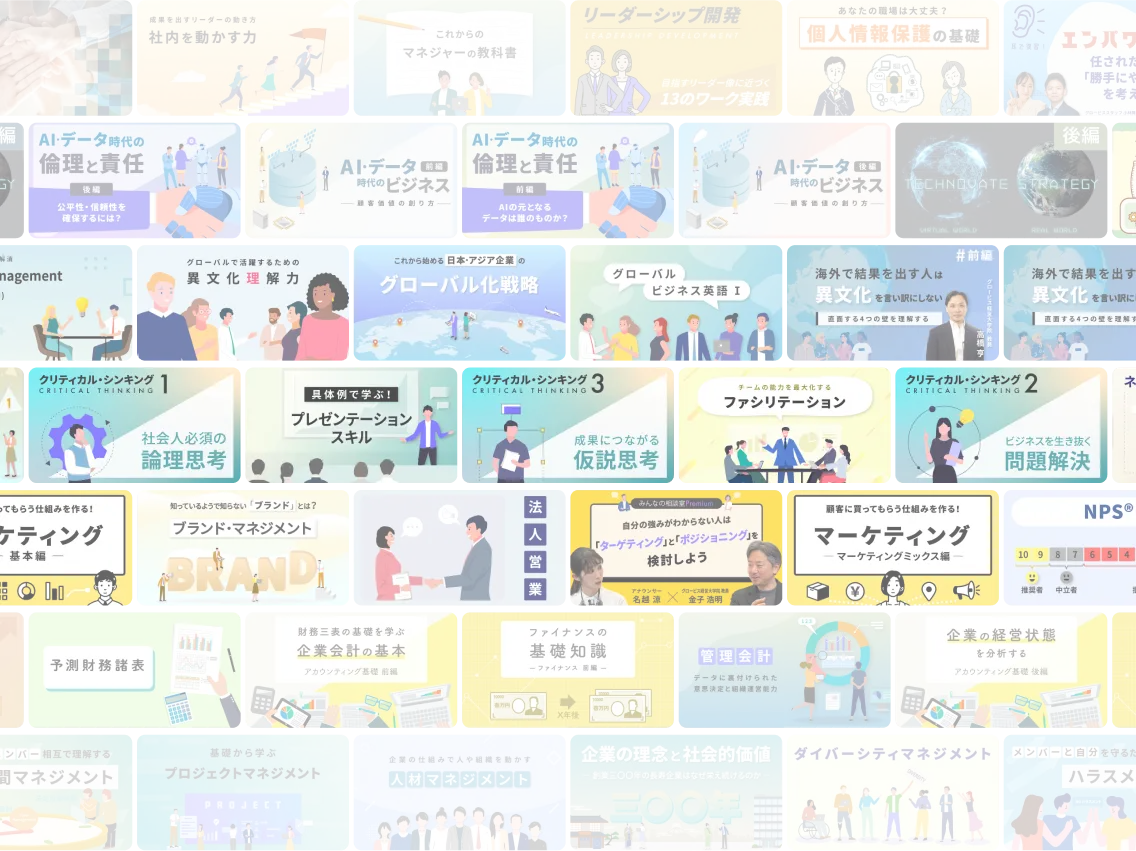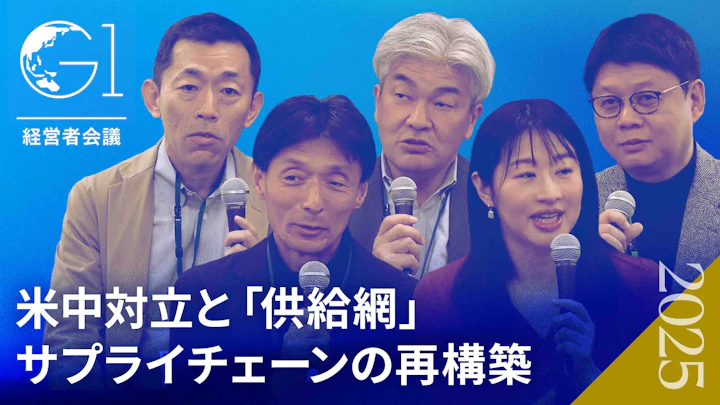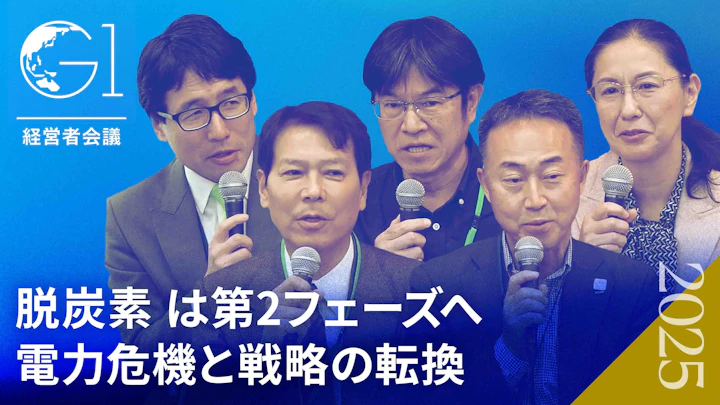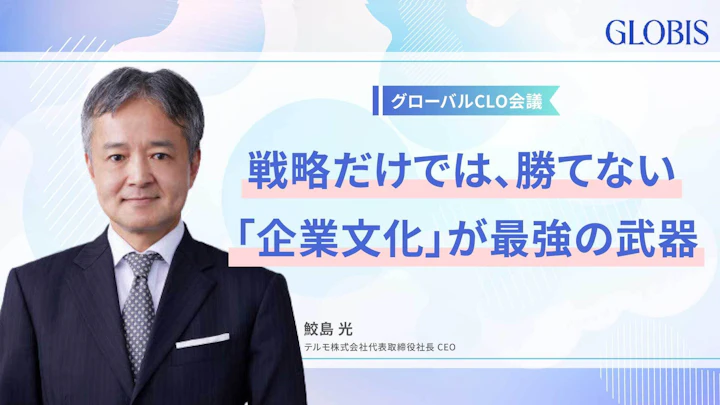I have started the week with a panel at Milken Institute Global Conference 2011 in Beverly Hills, Los Angeles. The topic of the panel was “Investing Asia”. I covered Japan, and the rest of the panel covered Ex-Japan Asia.
I initiated my talk by listing 8 Disasters in Japan, followed by the effects of the past great earthquakes on economies, then concluded with the impact on the economy after 311.
<8 disasters>
1. Earthquake-magnitude 9.0
2. Tsunami- 15m, 37m at Miyako-city
3. Fukushima Radiation - 4 reactors with Level 7 Accident
4. Supply Chains problems
5. Power Supply shortage
6. Reputation Damage on Japanese products
7. Economy: bankruptcy and unemployment
8. Solvency risk of JGB
I must say that Japan has been coping farely well with all of the 8 disasters even though each one of them is severe in magniture. The biggest concerns I have are disaster No. 7 Economy and No.8 Solvency Risk of JGB.
The Great Kanto Earthquake in 1923 had led to the Banking Depression in 1929. The Kobe Earthquake in 1995 had brought the Financial Crisis in 1997 which made Yamaichi, LTCB, NCB go bankrupt. Both incidents were somewhat affected by the Great Depression and the Asian Financial Crisis, respectively. However, the impact of the earthquakes certainly played major roles.
This time, with the Great East Japan Earthquake, the impact is already being felt. Regional banks in affected areas started to face liquidity problems, Japanese corporations require capital to restore their facilities in Tohoku, and the fall in demand is leading to bankruptcies and unemployment.
The figures gradually manifested themselves. The headlines of FT started to talk about the impact on Japanese economy.
I was astonished to hear about Japan's car sales drop. March sales were 37% down from the previous year. April sales were 51% down! More than half the revenue of the previous year. This has a great impact on the industries and economy. The industries are also suffering disaster No.4 Supply Chains problems. Toyota is most likely to slide down to the 3rd position due to the shortages of micro-computers .
The sales of department stores in March is 14.7% down. April figure is not yet released, but we assume that it would be down by somewhere around 20%. We have gradually started to hear the news on the bankruptcy of ryokans (Japanese style hotels) and restaurants.
However, we have hoped that demand for reconstruction would pick up towards the end of this year. Then, I heard the news on Friday evening after I came back from the US, that all the 3 nuclear reactors at Hamaoka in Shizuoka were requested to be shut down by Prime Minister Naoto Kan at an extraordinary press conference. Hamaoka provides energy to greater Nagoya area, the homeland of TOYOTA, which is located between Tokyo and Osaka.
This was a major shock to me because of the following 2 reasons.
1) The power supply shortages were initially limited to Kanto (greater Tokyo area) and Tohoku (greater Sendai, north of Tokyo) as those 2 regions lost the operation of 15 nuclear reactors due to the earthquake. However, this “request” implies that regions in short of power supply will be expanded to the Nagoya area, as well.
2) The biggest threat comes from the possibility that most of the nuclear reactors which have stopped due to periodic inspection required by law, may not be able to resume operation after this sudden “request” from PM, as this would create an image that nuclear reactors are officially declared dangerous by PM Kan.
After the press conference, PM Kan has reassured that the government will maintain its current atomic policies, but I am skeptical how much PM Kan would do to help resume 30plus reactors which are currently under inspection or under repair. Japan has 55 reactors, of which only about 20+ are now in operation. If the reactors could not be restarted, Japan will lose 30% of electricity necessary to boost the economy.
For your information, utilization of Japan’s nuclear reactors is only about 60% which is very low compared to S. Korea’s 90%. This is due to Nuclear Safety Law, which allows reactors to operate only for 13 months and then forces to stop for inspection which takes 2 to 3 months or more. This means eventually all the reactors would have to stop at some point in a given year.
In order to resume, an approval is needed from the governor of prefecture where the plant is located. I presume that this abrupt “request” of PM Kan would make most governors hesitant to approve resumption. If no reactors can come out of this idle operation, it eventually means the loss of 30% of electricity for Japan.
The Chubu Electric which operates the Hamaoka Nuclear Plant has held an extraordinary board meeting on Saturday after the “request” by PM Kan, but could not come to a conclusion, as it is calculated that the annual extra cost would reach up to US$ 3 billion, twice the annual operating profit. The Chairman has flown to Qatar for talks with the utility’s largest supplier of liquefied natural gas to secure additional LNG for its thermal power plants in the event that Hamaoka closes. The Chubu Electric is expected to hold another board meeting today to discuss PM Kan’s “request” which in fact is not legally binding.
My friends, I have expressed that I have changed my political views toward the current government from passively supportive to negative, but now it is changing to disappointment.
However, we all know that ordinary Japanese people are resilient and hard working. We will see how the economy would perform this year. In any case, I will do whatever I can to help restore the economy and change the course of the government.
Yours,
Yoshi Hori
Leader of GLOBIS and KIBOW









































